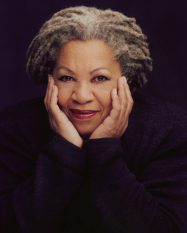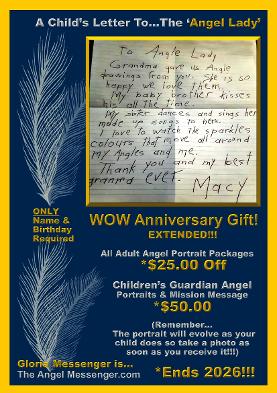Born Chloe Ardelia Wofford she was known as Toni Morrison, an American novelist, essayist, book editor, and college professor.
She was nearly 40 when her first novel, The Bluest Eye, was published. By her early 60s, after just six novels, she had become the first black woman to receive the Nobel literature prize, praised in 1993 by the Swedish academy for her “visionary force” and for her delving into “language itself, a language she wants to liberate” from categories of black and white. In 2019 she was featured in an acclaimed documentary, Toni Morrison: The Pieces I Am.
She was the first black woman to receive the Nobel literature prize, which she was awarded in 1993. The Swedish academy hailed her use of language and her “visionary force.”
Her novel Beloved, in which a mother makes a tragic choice to murder her baby to save the girl from slavery, won the Pulitzer Prize for fiction in 1988.

Speaking of her father’s experience with the lynching, She said “He never told us that he’d seen bodies. But he had seen them. And that was too traumatic, I think, for him.”
In her novels, history — black history —was a trove of poetry, tragedy, love, adventure and good old gossip, whether in small-town Ohio in “Sula” or big-city Harlem in “Jazz.” She regarded race as a social construct and through language founded the better world her characters suffered to attain. She wove everything from African literature and slave folklore to the Bible and Gabriel Garcia Marquez into the most diverse, yet harmonious, of literary communities.
Toni helped raise American multiculturalism to the world stage and helped uncensor her country’s past, unearthing the lives of the unknown and the unwanted, those she would call “the unfree at the heart of the democratic experiment.”
“Narrative has never been merely entertainment for me,” she said in her Nobel lecture. “It is, I believe, one of the principal ways in which we absorb knowledge.”
Her admirers were countless from fellow authors, college students and working people to President Barack Obama, who awarded her a Presidential Medal of Freedom; to Oprah Winfrey, who idolized Toni Morrison and helped greatly expand her readership.
She shared those high opinions, repeatedly labeling one of her novels, Love, as “perfect” and rejecting the idea that artistic achievement called for quiet acceptance.
Compiled & Contributed by Fan Carolyn Shannon

